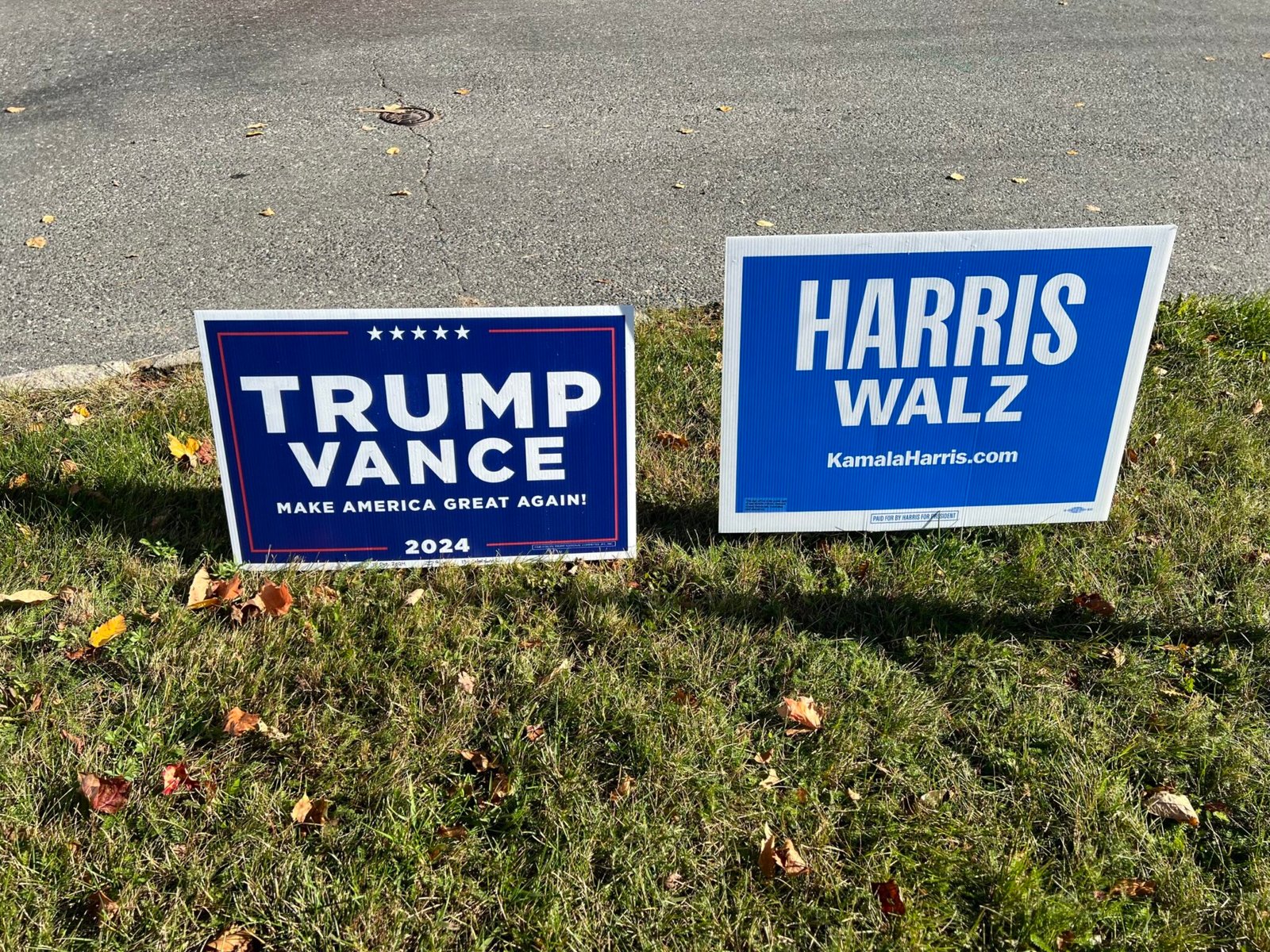2024 election
Harris Tackles Sexism Questions Head-On in Candid NBC Interview

During a Tuesday interview on NBC News, Vice President Kamala Harris addressed questions about the influence of sexism in the upcoming presidential race. She emphasized that she does not presume voters’ decisions will be significantly affected by race or gender.
Current polls depict a tight race between Harris, the Democratic nominee, and former President Donald Trump, the Republican contender. Notably, gender disparities in voter preferences are evident; Harris garners support primarily from women, while Trump draws stronger numbers among male voters.
The University of Florida Election Lab’s tracker reported over 24.5 million early votes as of Wednesday afternoon. Among states with available party registration data, Democrats lead with approximately 5.3 million registered voters having participated, compared to 4.3 million Republicans and 2.7 million registered with no party or other affiliations.
When confronted by NBC’s Hallie Jackson regarding any perceived sexism in the race, Harris noted the diverse demographics present at her campaign events, which range from intimate gatherings to larger venues accommodating thousands. “Regardless of someone’s gender, they want a president with a plan to address costs and secure America’s global standing,” Harris remarked.
Asked if she completely dismisses sexism as a factor, Harris responded, “I don’t think of it that way.” Her focus centers on engaging with and listening to voters rather than making assumptions based on demographics.
If elected, Harris would make history as the first female president, the first Black woman president, and the first president of South Asian descent. When questioned if the nation is ready for a woman of color in the presidency, she answered with confidence, “Absolutely.”
Reflecting on her experience as a prosecutor, Harris highlighted that her priority was always the welfare of individuals seeking help, transcending political affiliations. “The American people want a leader who acknowledges their needs and focuses on solutions rather than division,” she stated.
When pressed about her hesitation to emphasize the historic nature of her candidacy, Harris asserted that her ability to do the job remains paramount. “Most people care about whether I can effectively address their concerns and aspirations,” she added. She contrasted her approach with Trump’s, asserting that the nation deserves a president attentive to people’s needs rather than one mired in self-interest.
In other political news, President Joe Biden caused a stir at a Democratic campaign office in Concord, New Hampshire, when he said, “we gotta lock him up,” referring to Trump. Although followed by cheers, he clarified with “politically lock him up” shortly afterward. Biden emphasized the need to “lock him out” from further political influence, underscoring the urgency of the campaign.
Following Trump’s earlier conviction on multiple felony counts in a New York case, his campaign pushed back, claiming that Biden and Harris aim to politically persecute him instead of engaging in fair competition.
Meanwhile, former Chief of Staff John F. Kelly revealed disturbing comments allegedly made by Trump, including remarks comparing him to Adolf Hitler. Kelly suggested Trump embodies characteristics that fit the general definition of fascism, igniting significant backlash.
In response, Harris labeled Trump’s comments as “deeply troubling” and highlighted the historical significance of such rhetoric, emphasizing its harmful implications.
Additionally, the Trump campaign rejected these accusations, asserting that they are politically motivated, aimed at undermining Harris’s candidacy.
On a local front, Democratic Minnesota Gov. Tim Walz, Harris’s running mate, cast his vote alongside his family in St. Paul, noting that it was his son Gus’s first time voting.
At a campaign event in Peoria, Arizona, Trump’s running mate, Ohio GOP Sen. J.D. Vance remarked on immigration and education policies, asserting that Harris has allegedly misused programs designed for refugees. He expressed concern over the impact of immigration on educational quality and language proficiency among children in Arizona.
However, local reports indicated that Arizona’s educational system separates students with limited English proficiency, ensuring they receive appropriate educational support, contrary to Vance’s claims.


















